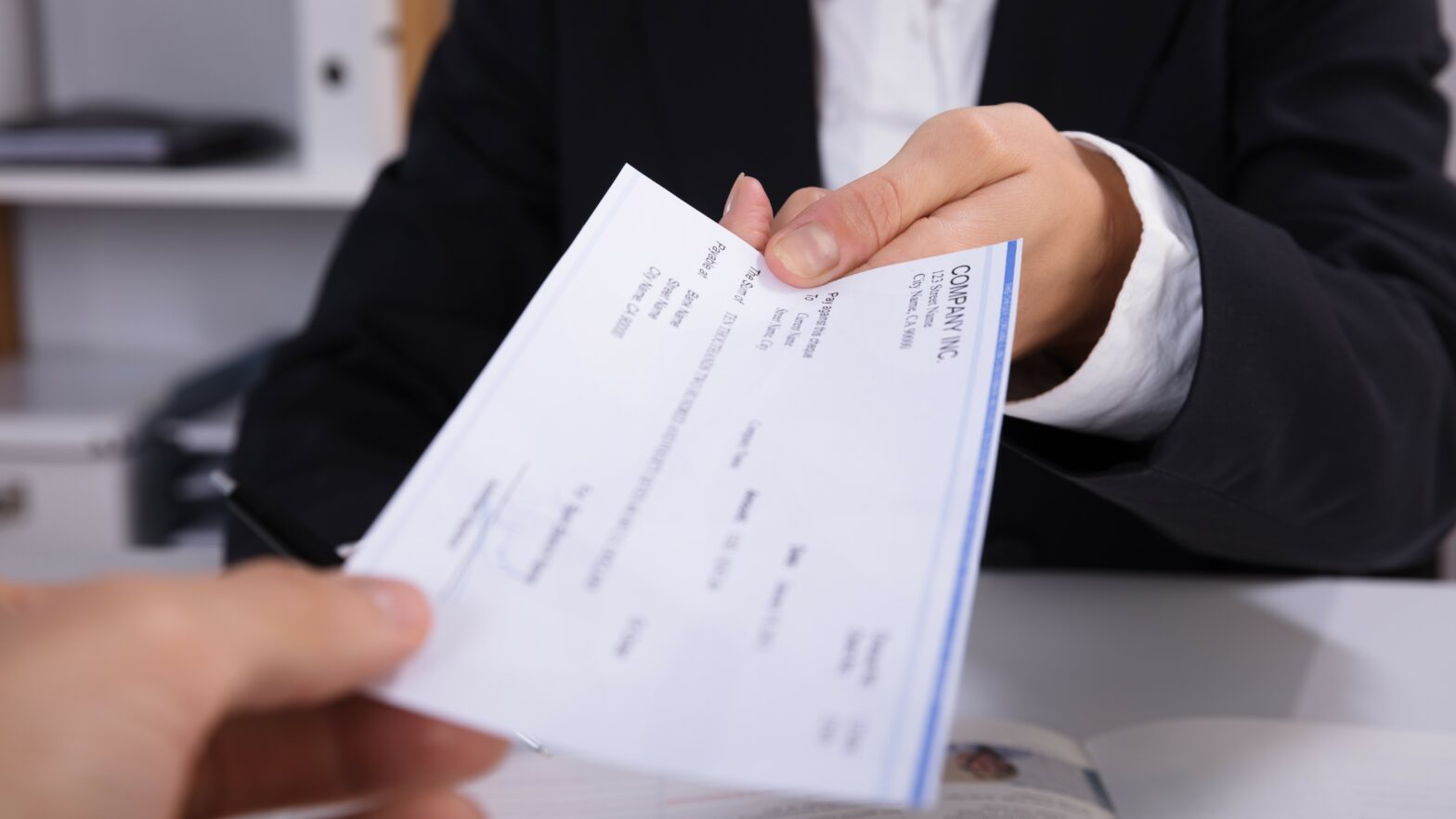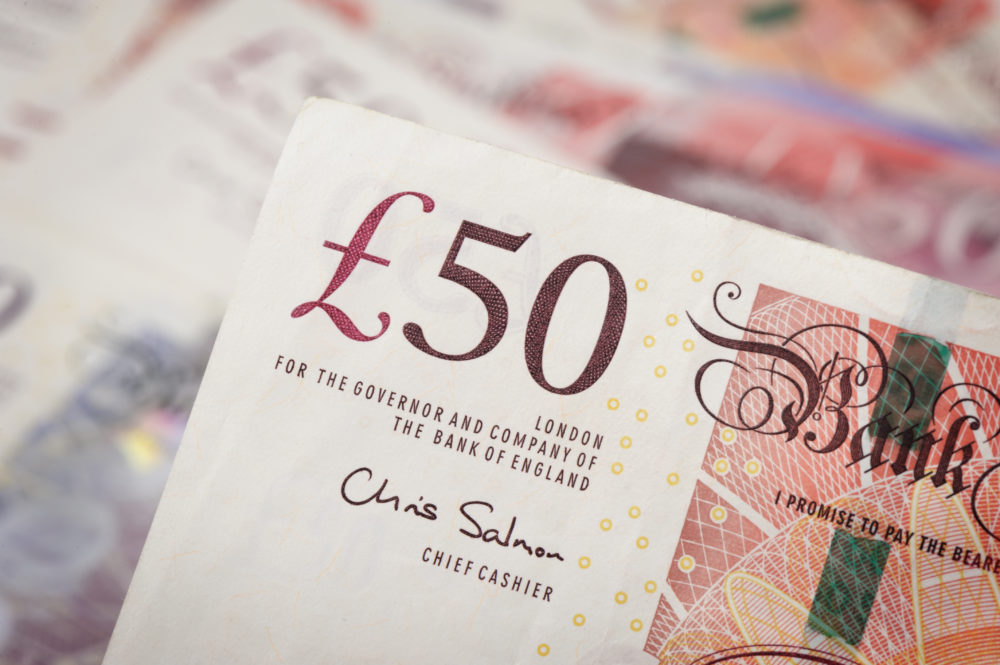There may be instances where a shareholder might want to exit the company. This could be due to losing interest or retiring and would need the other shareholder to buy out their shares and take full control.
The first consideration if you want to buy out a fellow shareholder is to check the articles of association and shareholder agreement to make sure that both parties understand the process and any pre-existing terms for such shareholder exits or prohibitive clauses for share buybacks. You would need to place a reasonable value on the departing shareholder’s shares, and it is often advisable to ask your accountant to provide an independent valuation.
For ease in this article, we will use a simple trading company with 50:50 shares between two shareholders. The 50 shares are valued at £500,000 so the total value of the company is £1m.
>See also: Paying dividends to directors
There are a number of options available, each with different implications and tax consequences:
Company buyback of shares
In this case the company would pay the departing shareholder £500,000 to buy back their 50 shares, which would leave the remaining shareholder with full control of the 50 shares left in ordinary share capital. The 50 shares purchased by the company would be accounted for in a capital redemption reserve, which can only be used in issuing bonus shares in the company under the Companies Act. For this to work, the transaction must have shareholder approval and there must be sufficient distributable reserves with all funding from the company. However, there are other ways to fund the transactions if there aren’t enough distributable reserves, so please do speak to an accountant who can assist with these options.
In terms of tax consequences for the seller, any amount over the initial issue price is normally treated as a distribution and is subject to tax. However, if certain conditions are fulfilled, the buyback could be a capital distribution and therefore subject to capital gains tax. The capital gains tax rates are generally significantly lower than income tax rates and the seller can potentially obtain a 10 per cent tax rate via Business Asset Disposal Relief. Where capital treatment is applicable, it is recommended that advance clearance is sought from HMRC ahead of the transaction and following the transaction a notification needs to be made to HMRC within 60 days.
For the company, stamp duty is payable by the company on the purchase of shares where the total consideration exceeds £1,000.
Share purchase
In this case the remaining shareholder would buy the shares from the departing shareholder. This again would need to be approved by the directors/shareholders; however the £500,000 would need to be paid by the purchaser and not the company. Therefore, this may be less favourable as the financial burden would be on the buyer rather than the company to guarantee the buyback.
In this case, the disposal would be subject to capital gains tax for the seller and the buyer would need to pay stamp duty, where the consideration exceeds £1,000.
>See also: How to change your small business accountant in 10 easy steps
Set up a holding company
Finally, another option to consider is to set up a holding company above the trading company to buy all of the trading company’s shares. The departing shareholder would take the cash for his shares and the remaining shareholder would exchange his shares in the trading company for shares in the new holding company via a share-for-share exchange, which will result in the existing shareholder obtaining full control of the group.
This option is complex, and it is recommended you talk to a solicitor or accountant before such a move as you will need to obtain clearance from HMRC for this type of transaction. When shares in one company are exchanged for shares in another, the “share-for-share” rules should automatically apply; being there is no disposal for UK capital gains tax (CGT) purposes and therefore no gain or loss at the time of the transaction. It will need to be shown to HMRC the transaction is bona fide for commercial reasons.
Financing the buy out
The final consideration is how to finance the transaction, which could be personally or from the company. Depending on the amount of cash in the company, you may need to seek a loan from the bank to pay for this.
Once decided upon the transaction, format and finance, the company will require a share purchase agreement for the transaction as well as further legal documents needed to complete to make sure all shareholders approve of the transaction. Please do note that once a buyback of shares has occurred, this will need to be reported to Companies House and any stamp duty paid over to HMRC within 30 days. If the shares are to be cancelled too – this will again need to be reported to Companies House by filing the correct form. After this is complete, please do update the statutory records for the list of shareholders and issue new share certificates after the buyback.
With the above types of transactions and before you proceed, please do speak to your accountant who can assist and advise on what the best route is for you as well as obtaining HMRC clearance.
Toby Cotton is a manager in the business services team at accountants, business and financial advisers Kreston Reeves





